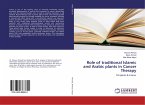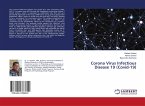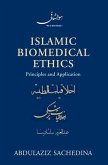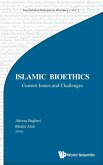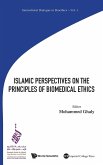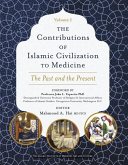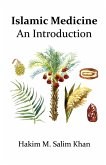In the Arabian Peninsula, where this study took place, the use of local plant diversity for medicines is part of the cultural heritage and is currently embedded in Islamic medicinal practices. Islamic medicine integrates ancient Greek medicine, which first arrived to the Islamic world through translations of the works of Hippocrates, Dioscorides and Galen, with the teachings of the Prophet Mohamed (Hadith) referring to health, disease and medical treatment that became known as ¿The Medicine of the Prophet¿. From ancient Greek medicine, understandings of the functioning of the body through the humoral system and the view of disease as a loss of balance became part of Islamic medicine. Arabian physicians, such as Al Razi, Ibn Sina, Aby Al Kassin Al Zahrawi, Ibn Rushd and Ibn Naffs, further developed medicine as a scientific discipline in the Middle Ages.
Hinweis: Dieser Artikel kann nur an eine deutsche Lieferadresse ausgeliefert werden.
Hinweis: Dieser Artikel kann nur an eine deutsche Lieferadresse ausgeliefert werden.


